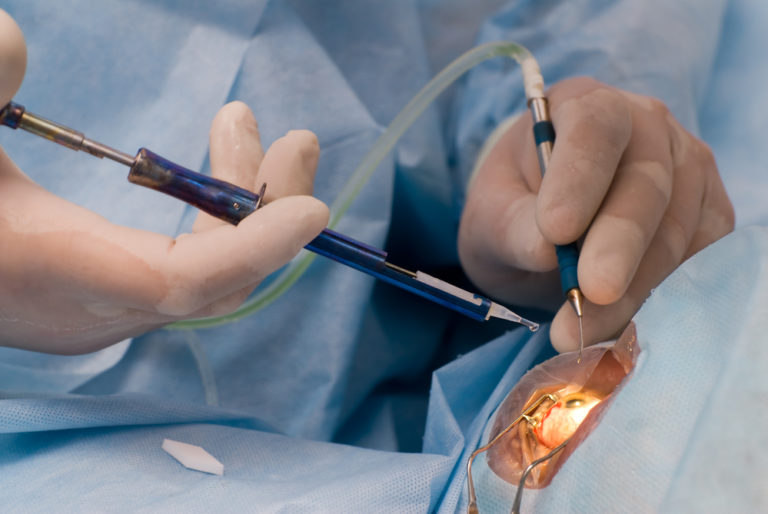If you have macular degeneration, a medical condition that causes your vision to deteriorate, your doctor may recommend that you undergo retinal surgery. This is a major type of surgery that can correct retinal detachment, which occurs when the retina suffers a tear and fluid accumulates underneath it. As a result, it’s important to properly prepare for your surgery so that the procedure itself and the outcome of it can be successful. Here are a few ways to prepare for your retinal surgery.
See Your Primary Care Doctor
It’s wise to initially schedule an appointment with your primary care doctor to ensure that you are cleared for retinal surgery. This is to have an evaluation to check whether you can physically handle this major type of surgery. For example, if you have a heart condition, you may also need to get a note from your cardiologist that clearly outlines your preexisting condition and their findings before you have surgery.
Confirm Your Appointment
The day before your scheduled retinal surgery, you should expect a phone call to confirm the appointment. When you receive the phone call, confirm your appointment. However, you should call the office back to report whether you have any symptoms of illness, such as if you think you caught a cold or if you have a fever or any other symptoms.
Avoid Eating or Drinking
As you get nearer to the scheduled time of your retinal surgery appointment, it is imperative that you avoid eating or drinking within eight hours of your surgery. Generally speaking, you should not eat or drink anything past midnight on the day of your scheduled surgery. There is a reason why this rule is in place: consuming food or drinks during this time can have adverse effects on your health and safety.
However, you are allowed to drink clear liquids. You can have water, tea or even coffee as long as you don’t put any cream in it. If you put creamer in your coffee, it can work against the surgery and take longer to digest or be eliminated through your body’s natural functions. You may even want to eat a light meal the night before your surgery instead of having a large dinner.
Additionally, you should avoid consuming any alcoholic beverages within a full 24 hours of your surgery.
Avoid Eye Drops Before Surgery
Prior to your retinal surgery, you should avoid using any type of eyedrops. Using them can increase the risk of infection when you are slated to undergo retinal surgery due to the pressure on the eye during the procedure.
Take Aspirin and Blood Thinners Like Normal
If you take aspirin and blood thinners as prescribed by your primary care physician, it’s important that you continue taking them as usual. These medications are essential for preventing a heart attack or stroke and can keep your blood circulation normal. Retinal surgery is typically done in a closed system, which means the surgeon can control the amount of pressure on the interior of the eye as well as limit any bleeding that might occur.
Continue Taking Prescribed Medications
If you have prescription medications that you regularly take, continue to take them even shortly before your retinal surgery. For individuals with high blood pressure, it’s important to always continue taking your blood pressure medication as usual. If you have diabetes, you should check with your doctor prior to your retinal surgery about any special instructions regarding taking it. You may have to avoid taking insulin on the day of your surgery, but always ask your doctor first.
Have Someone Come with You
In addition, you will want to have a responsible adult come with you to the hospital when you have your surgery. You will be under anesthesia for the procedure, which means you will feel woozy after your surgery. As a result, you need someone who can drive you home and ensure that you get into your home safely.
Following these steps will help you prepare safely for your retina surgery. You will have a better time during your procedure overall.

